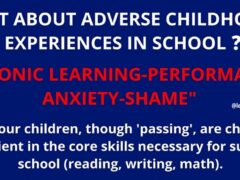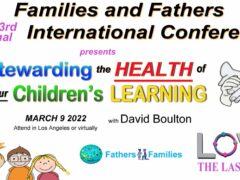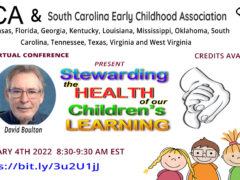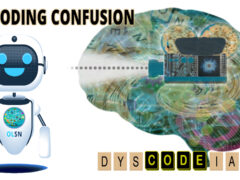Today’s children will live their adult lives in a world profoundly unlike any world any humans have ever lived in. What must we do today to prepare them for life in a future we can no longer predict? What is more important to their futures than how well they can learn when they get there? […]
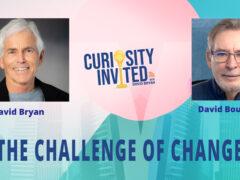

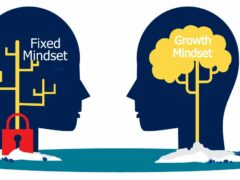
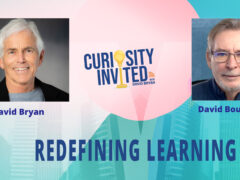
![Other Words for Learning: Maternal Socialization motherandchi[1]](https://learningstewards.org/wp-content/uploads/2022/03/motherandchi1-240x180.jpg)
